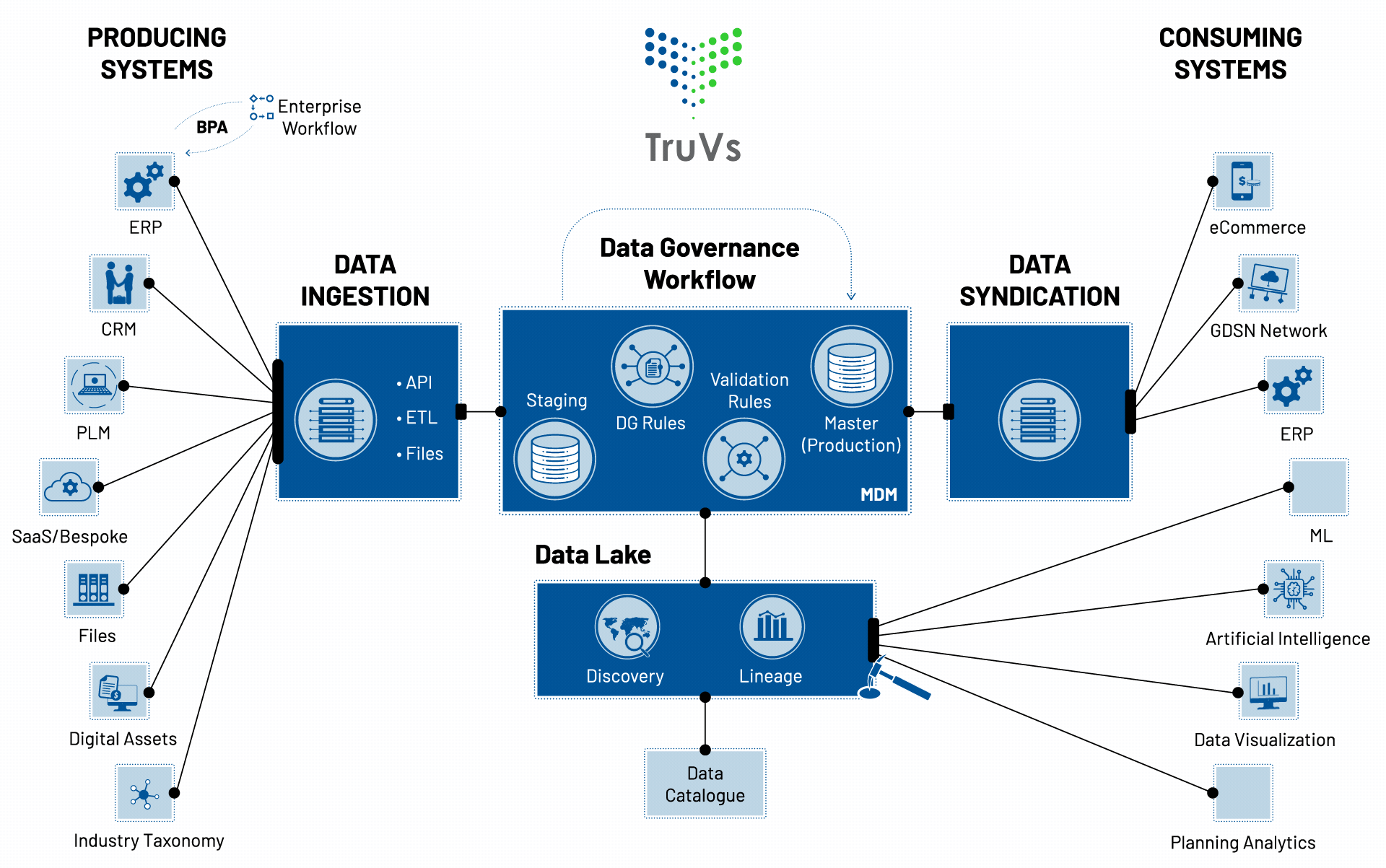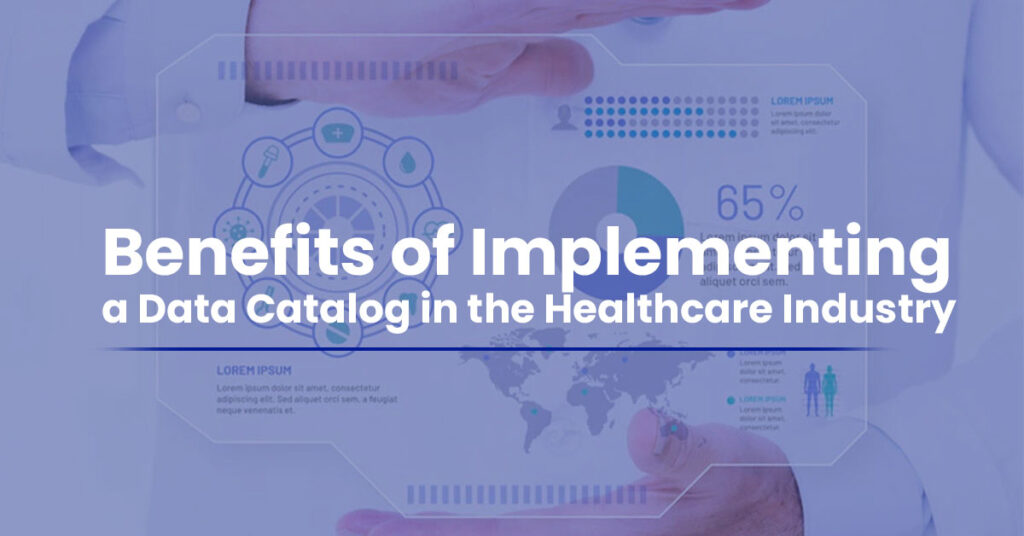Unleashing the Power of Data
In today’s fast-paced digital landscape, businesses are inundated with a staggering amount of data. Harnessing the full potential of this data has become crucial for organizations to stay competitive and make informed decisions. However, with data scattered across various platforms and systems, businesses face the challenge of effectively managing and utilizing this valuable resource. This is where a data catalog steps in, acting as a trustworthy assistant to unlock the true value of your data.
What is a Data Catalog?
A data catalog is a centralized repository that organizes, manages, and provides a comprehensive overview of your organization’s data assets. It acts as a one-stop solution, offering a holistic view of the data landscape, making it easy to discover, understand, and access data across different systems. It goes beyond traditional data dictionaries by adding context, relationships, and metadata to enable efficient data management.

- Organizing and Discovering Data: One of the key benefits of a data catalog is its ability to organize and provide a clear structure to your data assets. By categorizing data sets, tables, and files, it becomes easier to navigate and locate the right information, saving valuable time and resources. With a powerful search functionality, users can quickly discover relevant data sets and understand their contents, ensuring data-driven decisions can be made swiftly.
- Data Lineage and Metadata: Understanding the origin, transformations, and lineage of data is critical for ensuring data quality and compliance. Data catalogs allow you to capture and document metadata, such as data source, format, owner, and usage, providing transparency and traceability. This lineage information enables businesses to establish trust in the data, ensuring accuracy and reliability in decision-making processes. Collaboration and Data Governance: In a B2B environment, collaboration is paramount. A data catalog fosters collaboration by allowing users to share, comment, and collaborate on data assets, breaking down silos and promoting cross-functional insights. It also aids in establishing a robust data governance framework, enabling organizations to enforce policies, ensure data privacy, and adhere to regulatory requirements.
- Data Catalog and Data Democratization: A data catalog plays a pivotal role in democratizing data within organizations. By providing a user-friendly interface and democratized access to data assets, it empowers business users across departments to explore and utilize data without heavy reliance on technical teams. This enables self-service analytics, accelerating innovation and decision-making processes.

Client Challenge
A large healthcare organization, struggled with fragmented data across various departments and systems. Their data management processes were inefficient and time-consuming, leading to delays in decision-making and compromising patient care.
Solution
The organization implemented a data catalog to centralize and organize their data assets. Data from electronic health records, laboratory systems, and other sources were cataloged, providing a comprehensive view of patient information, medical history, and clinical data. Metadata, such as data source, data owner, and data lineage, was captured to ensure data quality and compliance.
Results
- The data catalogue enabled healthcare professionals to quickly access and understand relevant patient data, leading to improved care coordination, faster diagnoses and enhanced patient outcomes.
- The streamlined data management processes reduced the time spent searching for data, allowing doctors and nurses to focus more on patient care.
- Additionally, the data catalogue facilitated research and analysis, leading to valuable insights for medical research and population health management.
Conclusion
In the data-driven world , a data catalog is no longer a luxury but a necessity. It acts as a trusted assistant, bringing order to the chaos of data overload, facilitating data discovery, lineage, collaboration, and governance. By implementing a data catalog, businesses can unleash the true power of their data assets, gain a competitive edge, and drive growth in today’s dynamic market. Embrace the data catalog revolution and unlock the potential of your data!
